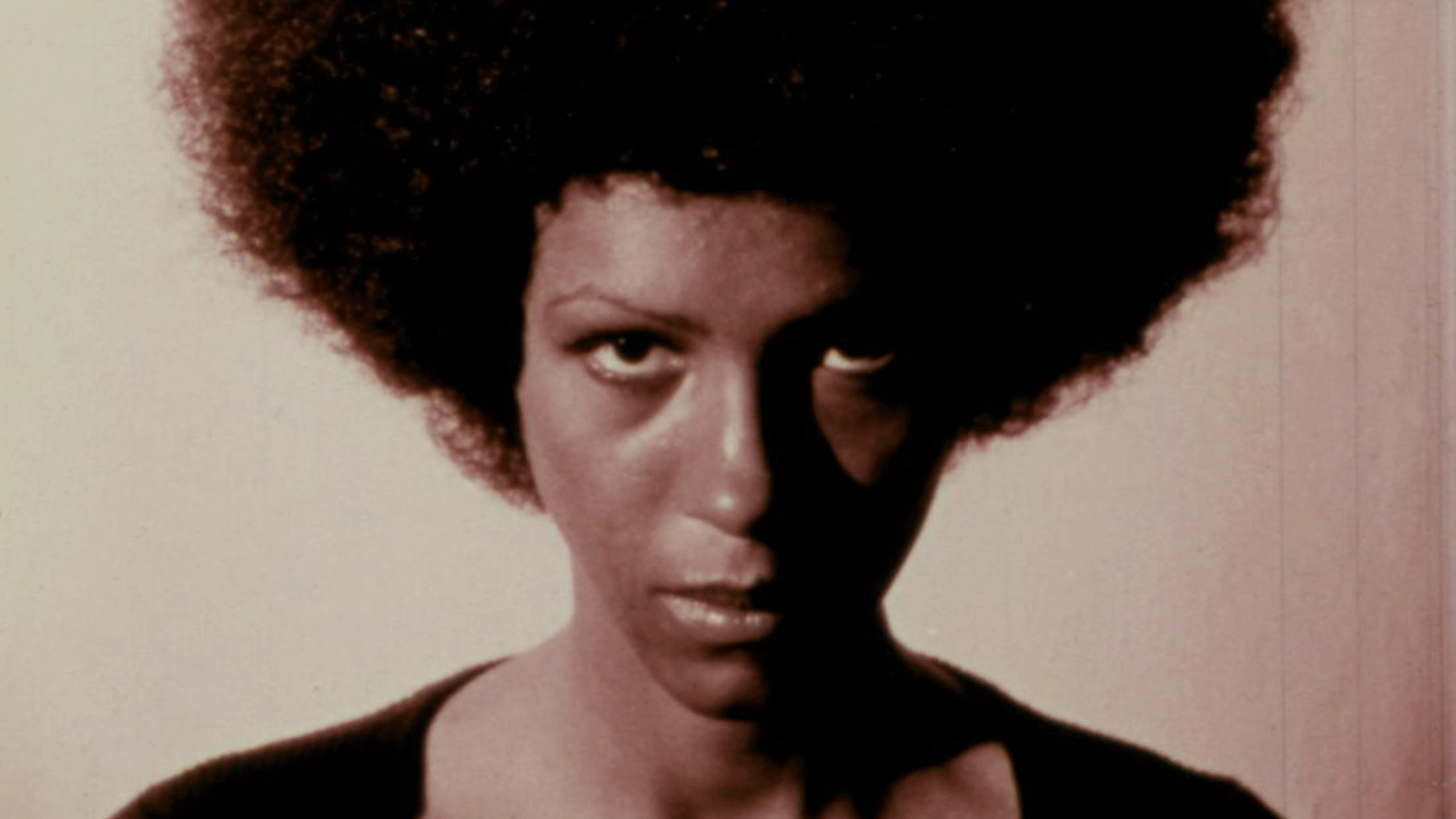
A rediscovered masterpiece, director Larry Clark’s “As Above, So Below” comprises a powerful political and social critique in its portrayal of Black insurgency. The film opens in 1945 with a young boy playing in his Chicago neighborhood and then follows the adult as a returning Marine with heightened political consciousness. “As Above, So Below” imagines a post-Watts rebellion state of siege and an organized Black underground plotting revolution. “As Above, So Below” is one of the more politically radical films of the L.A. Rebellion. (Allyson Nadia Field)
Digital presentation courtesy of the UCLA Film & Television Archive
Larry Clark
Larry Clark is a filmmaker and professor of film at San Francisco State University. Born in Ohio, he later drove to Los Angeles to enroll in the UCLA School of Theater, Film and Television. With musical roots (his uncle was renowned jazz pianist Sonny Clark; his mailman father played sax and taught Latin dance, and his housekeeper mother sang opera), it’s fitting that his first feature, “Passing Through” (1977), is often cited as one of the best jazz films ever made. Clark has received numerous awards, including the Locarno International Film Festival Special Jury Prize and the Oscar Micheaux Award for Cinematography.




